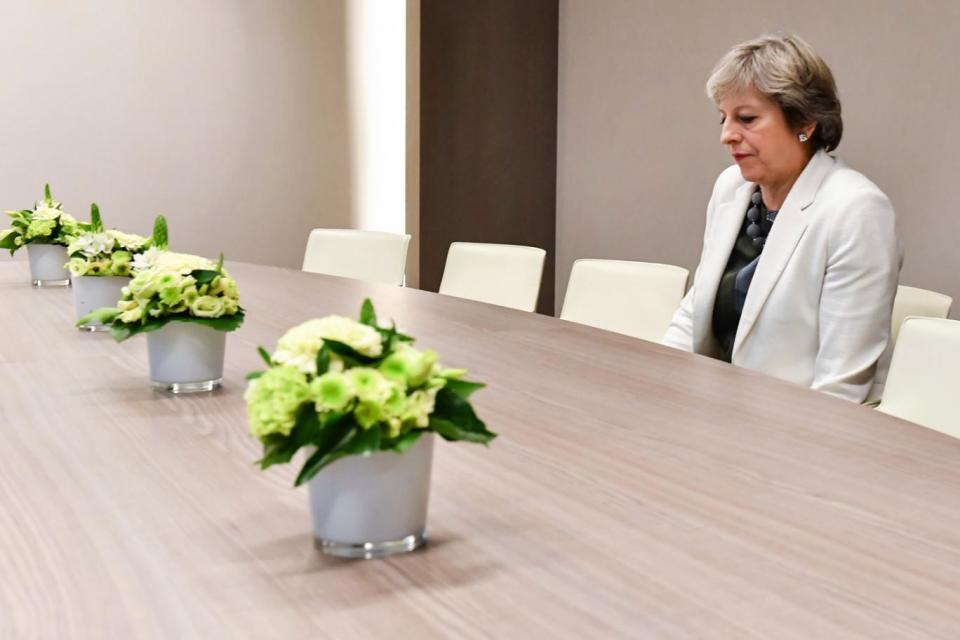What could really happen if there is a 'no-deal' Brexit

Whatever the EU actually believes, International Trade Secretary Liam Fox was at pains to point out at the weekend that the UK Government is not bluffing and is prepared to accept a no-deal Brexit.
Indeed, many believe ‘no-deal’ Brexit – with a fall back on World Trade Organisation (WTO) rules – is now the most likely conclusion of two years of negotiation.
Much of the comment thus far has been along the lines of “this is fine, we deal with WTO rules with most of the world” and “tariffs are small anyway”.
To an extent, this would be a valid argument, were the UK not starting from the position of much of its activity in both goods and services being part of integrated production systems that rely on frictionless trade of both final goods and components within the EU.
So, for example, many inward investors have entered the UK precisely because of the seamless trading relationship within the EU, facilitating the organisation of value chains across locations.
WTO rules, even with electronic scanning at customs will add frictions, and cause relocation of activity, often to the disadvantage of the UK.
Read more:
May’s plans to force EU citizens to sign a register after Brexit could be illegal
UK factories are cutting investment amid Brexit uncertainty
Theresa May ‘begged for help’ from Juncker
We are already seeing a reduction in inward investment and several announcements of inward investment in both manufacturing and financial services making arrangements to relocate away from the UK.
The essential point is that were one starting from scratch, there are certain activities that given the nature of value chains one would not locate in the UK were it subject to WTO rules.
Yet some of these activities are here and they may decide that the costs of moving out of the UK outweigh the additional costs associated with Brexit.
However, if one takes activities that involve adding value to raw materials, which are then subject to tariffs on the value added when those goods are exported to the EU, then the costs become prohibitive to operating in the UK.
If, for example, one takes the processing of aluminium, then the value added from processing bauxite into the panels for sophisticated products such as aircraft wings is enormous.

Paying the common external tariff to export from the UK on the value of the processed products would simply encourage the relocation of activity away from the UK.
More generally, WTO rules ignore 40 years of integration of standards and regulation. These regulations on worker protection, environmental standards and technical specifications facilitate trade within the EU.
It seems reasonable to assume that it is these regulations that play a significant role in the demands for a ‘hard Brexit’ by the more extreme Brexit elements, who object to any regulation “from Brussels”.
Were we to leave this arrangement, firms would be faced with either adopting the regulations anyway in order to export to the EU, or to focus on replacing exports to the EU with exports to the rest of the world.
While there may be examples of sectors that are able to do this, all of the evidence suggests that overall the levels of trade growth required to replace EU exports are simply unattainable.

Finally, consider the “they need us more than we need them” argument. One then has to consider the likely price elasticity of demand for exports of goods in either direction.
For example, one could argue that the responsiveness to a 10% increase in price of a BMW 5 series may not change the demand for these in the UK, but the demand for cheaper cars may be more responsive, in either direction.
One could imagine that for the UK, JLR may not be particularly affected by this, while the export of the Japanese cars made in the UK may be more affected.
In order to form a view on the overall impact on the UK, one would have to take a sector by sector analysis of which sectors will be affected by this, but to say “under WTO rules all will be fine” is somewhat vacuous.
Nigel Driffield is Professor of International Business at Warwick Business School. He is author of the research paper Brexit and Foreign Investment in the UK.

 Yahoo Finance
Yahoo Finance 

